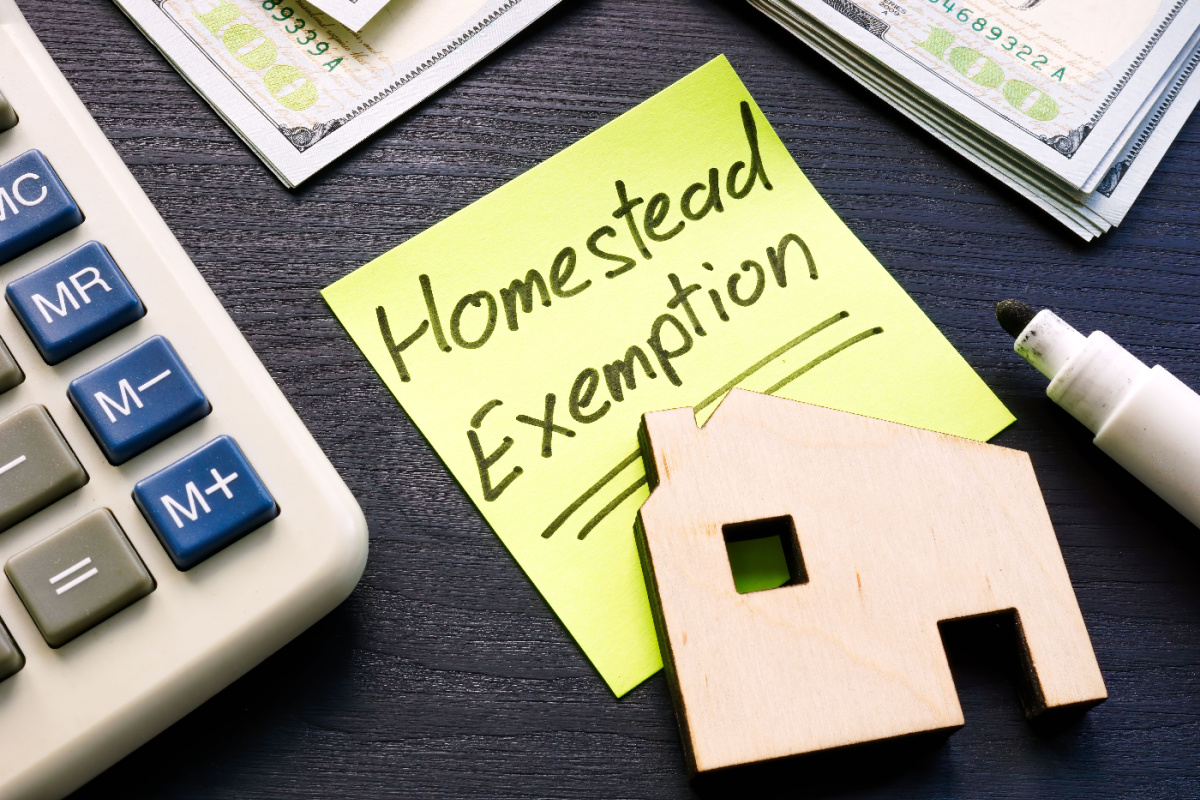





Wisconsin’s Homestead Exemption offers a safety net for individuals facing bankruptcy. It allows homeowners to protect a portion of their home’s value from creditors. Specifically, it shields up to $75,000 for single individuals and $150,000 for married couples or joint owners. This protection applies to a primary residence, including a house, condominium, or co-op, and can significantly benefit bankruptcy proceedings.
The exemption only covers equity in the residence. Equity is the difference between the home’s market value and any property-secured debts, like a mortgage. The property might be at risk in scenarios where equity exceeds the exemption limit.
Specific criteria determine eligibility for Wisconsin’s Homestead Exemption. To qualify, individuals must be Wisconsin residents who own and occupy their home as a primary residence. This exemption is available for various types of residences, including houses, condominiums, and co-operative units. However, it does not apply to rental properties or second homes.
The exemption is particularly relevant for those declaring bankruptcy, as it allows them to protect a portion of their home’s value. The exemption covers equity, which is the home’s market value minus any mortgage or secured debts. Homeowners should evaluate their equity to understand how much of their property value can be shielded under this exemption.
The Homestead Exemption impacts bankruptcy proceedings in Wisconsin in significant ways. When an individual files for bankruptcy, certain assets are at risk of being seized by creditors. However, the Homestead Exemption allows homeowners to protect a portion of their home’s equity, reducing the risk of losing their residence.
In Chapter 7 bankruptcy, this exemption can safeguard up to $75,000 of equity for single filers and $150,000 for joint filers. If the home’s equity falls within these limits, it may not be sold to pay off unsecured debts. In Chapter 13 bankruptcy, the exemption helps in determining how much debt must be repaid. It lowers the amount of non-exempt assets, potentially reducing the repayment obligation.
It’s important to note the homestead exemption only applies to the equity in the primary residence. This means that the amount of equity protected has a direct impact on the bankruptcy process and can shape the future financial situation of the individual in distress.
Under Wisconsin’s Homestead Exemption, homeowners can protect a substantial amount of their home’s equity during bankruptcy. The exemption sets a maximum value protection limit, which is crucial for individuals considering bankruptcy.
It’s important to note that this protection pertains to the equity in the home, not the home’s total value. Equity is calculated as the home’s market value minus any outstanding mortgage or secured debts. For example, if a homeowner has a property worth $200,000 with a $125,000 mortgage, the equity is $75,000. In this case, a single homeowner could fully protect their home equity under the exemption.
These limits play a pivotal role in the bankruptcy process, as they determine how much of a homeowner’s property is safeguarded from creditors. Homeowners should be aware of their home equity to understand the extent of protection available under this exemption.
When comparing Wisconsin’s Homestead Exemption to those in other states, it becomes clear that each state has its unique approach. Wisconsin offers up to $75,000 in equity protection for single filers and $150,000 for joint filers. In contrast, states like Florida and Texas have no limit on how much home equity can be protected. On the other hand, states such as New Jersey and Pennsylvania do not offer a homestead exemption for bankruptcy purposes.
These differences are significant for homeowners considering bankruptcy. In states with generous exemptions, homeowners have a better chance of retaining their homes. In states with lower or no exemptions, homeowners might face greater challenges in protecting their property.
Wisconsin’s exemption amount is moderate compared to other states. It offers reasonable protection but doesn’t cover unlimited equity like some states. This difference can influence a homeowner’s experience and outcomes in bankruptcy proceedings.
Joint ownership in homestead exemption claims in Wisconsin presents a unique set of considerations. When two or more individuals own a property together, they can claim the homestead exemption, but the dynamics differ from individual ownership. For married couples or joint owners, the exemption amount increases to $150,000 in home equity, offering greater protection compared to the $75,000 available for single owners.
It’s important for joint owners to understand that the exemption applies to the total equity in the home, not per individual. This means that the $150,000 limit is the total amount protected, regardless of the number of owners. Additionally, all owners must occupy the property as their primary residence to qualify for the exemption.
In cases of joint ownership, the homestead exemption becomes a critical tool for protecting a larger portion of home equity in bankruptcy. However, joint owners should be aware of the total equity in their home to effectively utilize this exemption.

Filing for a Homestead Exemption in Wisconsin bankruptcy cases involves a straightforward process. First, individuals must ensure they meet the eligibility criteria: being a Wisconsin resident and owning and occupying the property as a primary residence. Once these conditions are met, the exemption can be claimed during the bankruptcy filing process.
When filing for bankruptcy, individuals must complete a set of bankruptcy forms. These forms include a schedule of assets where the Homestead Exemption should be claimed. It’s important to accurately list the property and declare the exemption amount, based on the home’s equity.
Accuracy in these forms is key. Homeowners need to provide correct information about their property’s value and any debts secured by it. By doing so, they ensure the correct exemption amount is applied, thereby protecting their home equity effectively during the bankruptcy process.
If you are filing for bankruptcy, contact us or call us at 866-696-6432 today for a free consultation.

Learn about bankruptcy protections, types of bankruptcy, how to get started, what to expect, and who to trust. Filing bankruptcy is the ONLY way to completely eliminate debt. If bankruptcy is right for you, it offers powerful protections that cannot be achieved through alternative solutions such as hardship relief, loans, or debt settlement.